By Leslie Tan, Colin Tung, Lim Yong Teck, Jasmine Goh
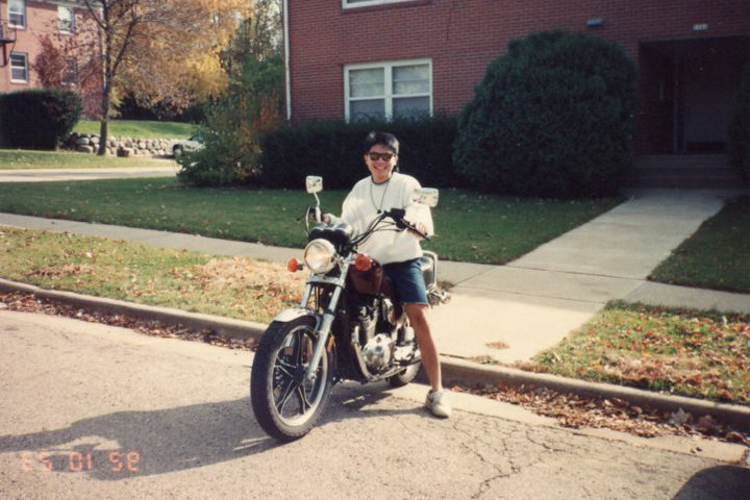
When Minister Wong was furthering his undergraduate education in Wisconsin, he got around on a motorbike. He has a Class 2 license. (Photo courtesy of Lawrence Wong)
Lawrence Wong, 41, was elected to the Singapore Parliament at the 2011 general election. A member of the governing People’s Action Party (PAP), he is currently the Minister, Ministry of Culture, Community and Youth, and Second Minister, Ministry of Communications and Information.
Mr Wong studied at Haig Boys’ School, Tanjong Katong Secondary Technical School (the school was renamed Tanjong Katong Secondary School in 1993) and Victoria Junior College, before going on to the University of Wisconsin–Madison in the United States where he completed a Bachelor of Science degree in Economics in 1993. He subsequently obtained a Master of Arts degree in Economics at the University of Michigan–Ann Arbor, and also a Master of Public Administration degree from the Kennedy School of Government at Harvard University.
In an exclusive interview with Red Sports, he talks about National Service, foreign sports talent, the S.League, the Sports Hub, sports funding, ActiveSG, sports trends, and his personal best times for running.
Leslie Tan: One of the trends we have seen in the last 14 years is that, as the S.League came down in popularity, personal fitness and running exploded. I don’t think one led to the other but, from your point of view, the trend in sports, has it changed? People like to watch football on television but they do not necessarily want to watch local football. They’d rather wake up at 4am in the morning and join 10,000 other people and go for a 10km run. What are some of the sporting trends MCCY have seen over the years?
Minister Wong: That’s certainly one trend. The trend of people becoming more health-conscious, and participating in these sporting events. It’s not just running, it’s also cycling, even swimming, and we think it’s a positive trend.
We see also the trend where, and this is not just in Singapore but also globally, sports participation is rising, but a lot more of it happens individually then in teams. This is not just a Singapore phenomenon, but a global phenomenon.
Perhaps, it’s because people are busy, they are finding it more difficult to organize themselves and do team sports, but because they are health-conscious and want to maintain a healthy lifestyle, they do individual sports. They go for a swim, they jog, they go to the gym.
So that’s happening and that’s exactly one of the reasons why we started ActiveSG as a national movement. We’ve made progress, we’ve got over 500,000 members sign up, and we’re also offering programmes for people to come together to participate in sports in groups and we’ve got good sign ups for that.
The trend of sports spectatorship is slightly different. Sports is now a global business and the ease of watching high quality sports is amazing now. It didn’t used to be in the past, where, if you wanted to watch international games, you had very little access.
In Singapore, it was once a week on Sunday — World of Sports — but now you have access at your fingertips through the internet and, so, this is also a global phenomenon and not just limited to football. It’s a trend where I can watch such high quality sports anywhere, so the feeling that maybe I don’t need to go to the stadium or live arena to watch local sports because it’s not quite of the same standard that I’m already used to.
And you see that not just in Singapore but in many European countries too. The people you talk to who run big stadiums for football, they find it difficult to fill their stadiums when the match is not so interesting. When it’s a big match, [the stadium is] full. For other matches, they find it difficult to fill their stadiums as well.
Leslie Tan: We’ve been covering the Singapore Slingers, the professional basketball team, and even though basketball ranks as one of the top three sports in Singapore, Slingers have never crossed 2,500 [in average home attendance]. S.League struggles with crowd attendance too.
Minister Wong: Very much so. I think it goes back to the very strong need for us, when we think of how we can develop sports in Singapore, we really have to think about how we can strengthen this connection with the community, recognising that this is quite challenging because people have many more options for entertainment now.
People are exposed to very high-quality sports on TV and on the internet. So the reason for them to come live and spend time watching a local game, which may not be of the same standard that they are used to on TV, has to be more than just about the entertainment.
So it has to appeal to a different thing, it has to appeal to them cheering for an athlete that they can relate to, cheering for a Team Singapore that they feel proud of. So that’s the strategy that we are taking to think about how we can strengthen the fan base for our Team Singapore athletes.
Leslie Tan: In fact, one of the conclusions we came to while covering sports is that for people to come out, they want a chance to not just watch, they also want a chance to play, which feeds back into the issue of giving people more space to play and chances to learn how to play.
Minister Wong: That’s one part of it. The more that the fans can relate to the athletes, the more likely they will want to come and cheer for the athletes. So that they’re not just coming to watch some amorphous group that’s out there wearing the Team Singapore jersey, but they’re coming to cheer for people whom they know – personalities, sporting heroes whom they admire.
Some of the NSAs recognise this and they are doing a better job of it, in terms of profiling their athletes and getting them to go out to schools, to engage students, and the communities, to engage the communities, so there is that relationship that’s built up.
Look out for Part 8
On National Service and sporting heroes – an interview with Lawrence Wong (Part 1)
On foreign sports talent – an interview with Lawrence Wong (Part 2)
On S.League and racial lines in sports – an interview with Lawrence Wong (Part 3)
“We give funding beyond athletes who can get medals” – an interview with Lawrence Wong (Part 6)

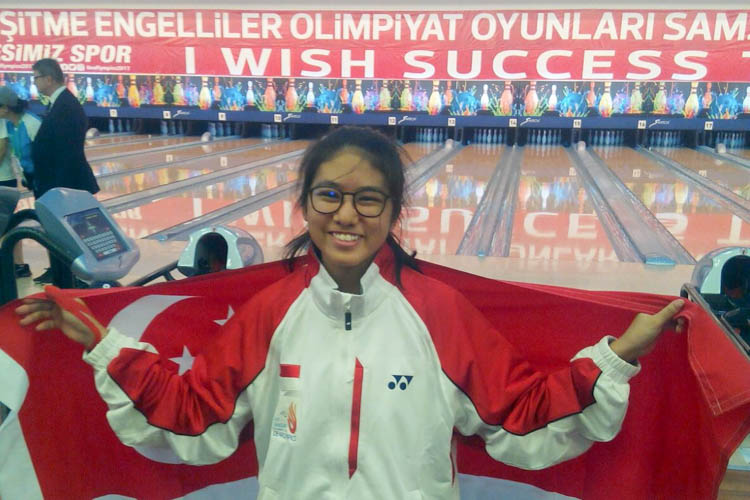
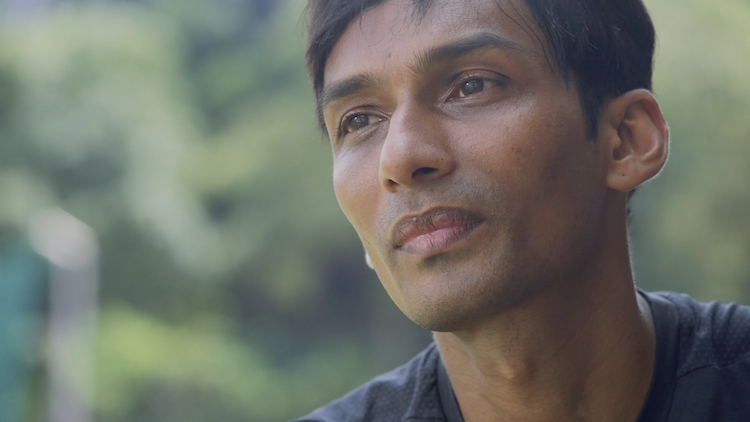
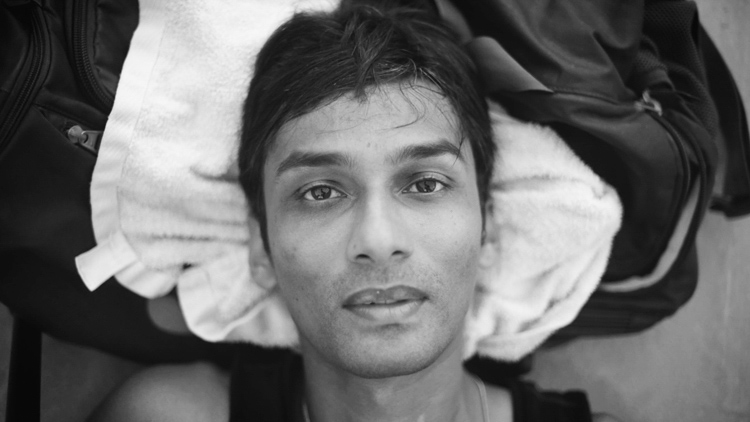
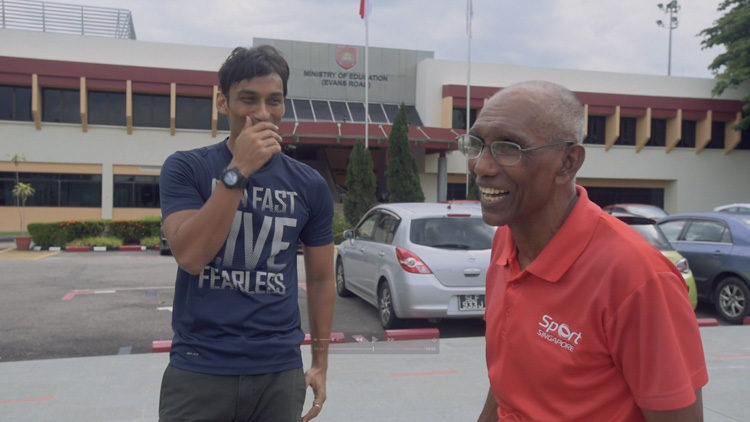
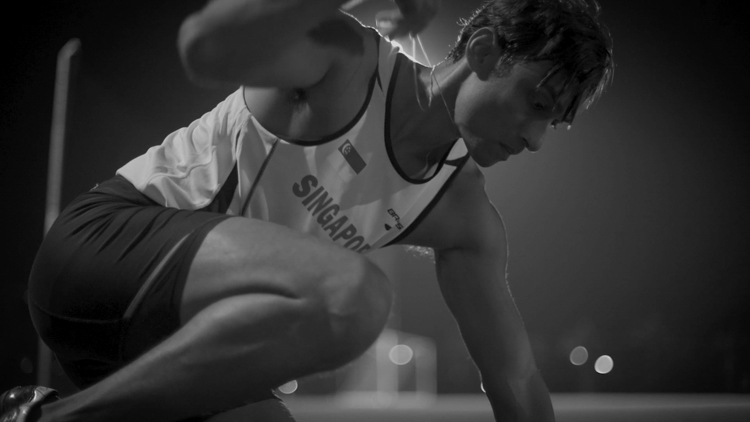
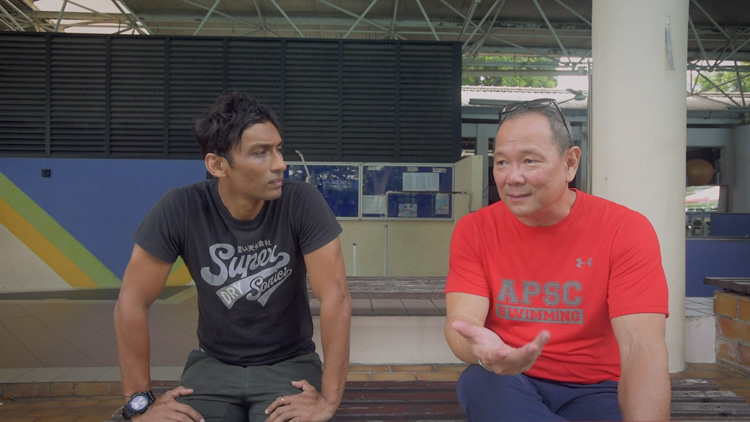
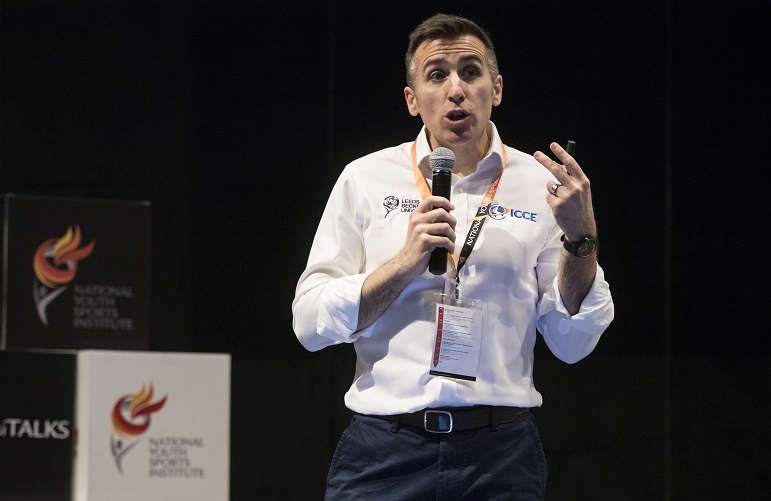
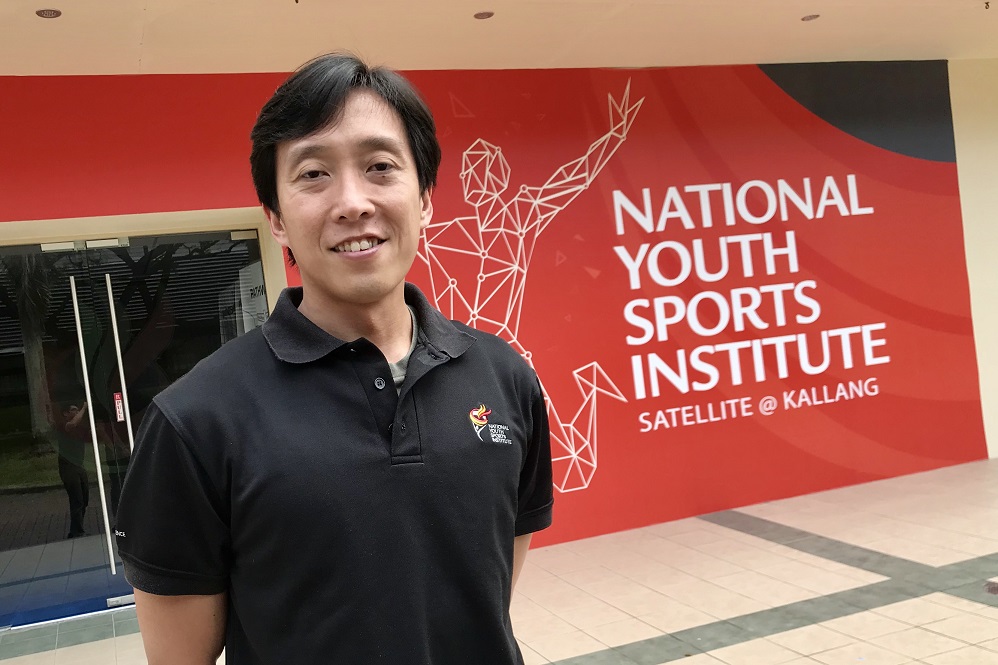
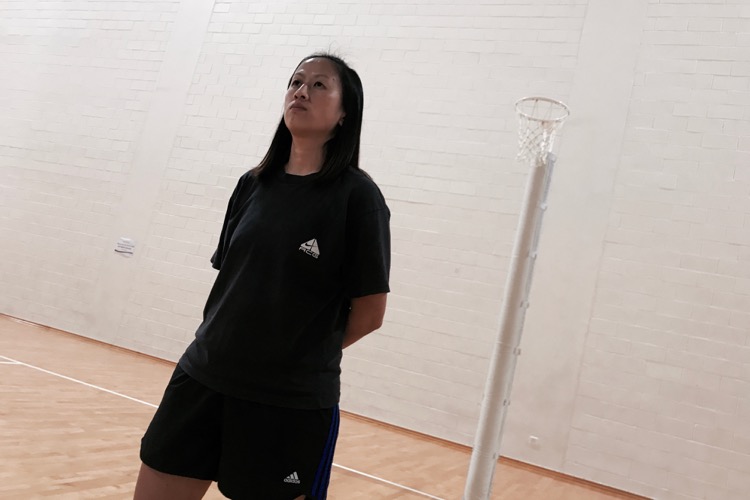
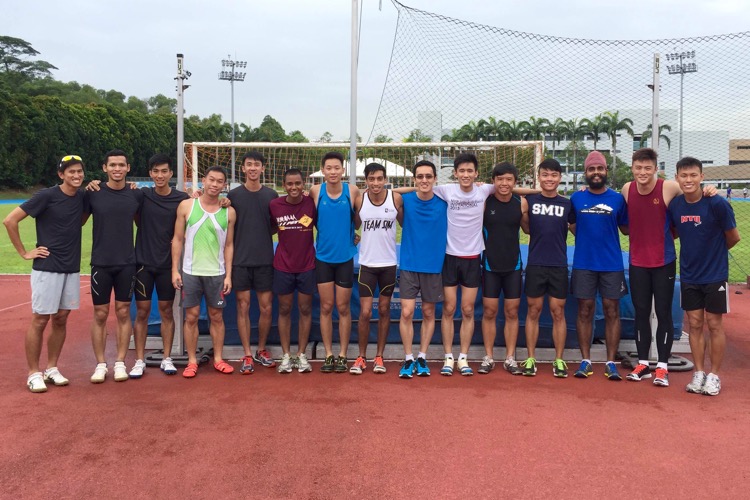
[…] National Service, foreign sports talent, the S.League, the Sports Hub, sports funding, ActiveSG, sports trends, and his personal best times for […]